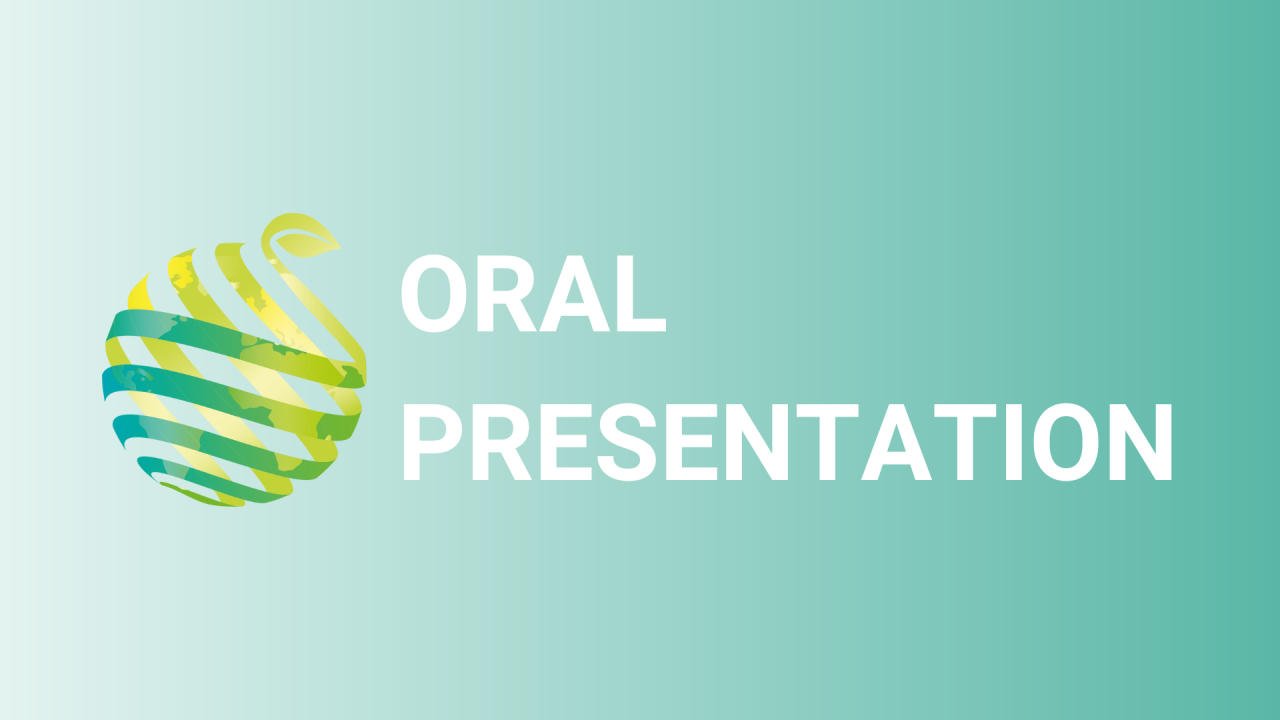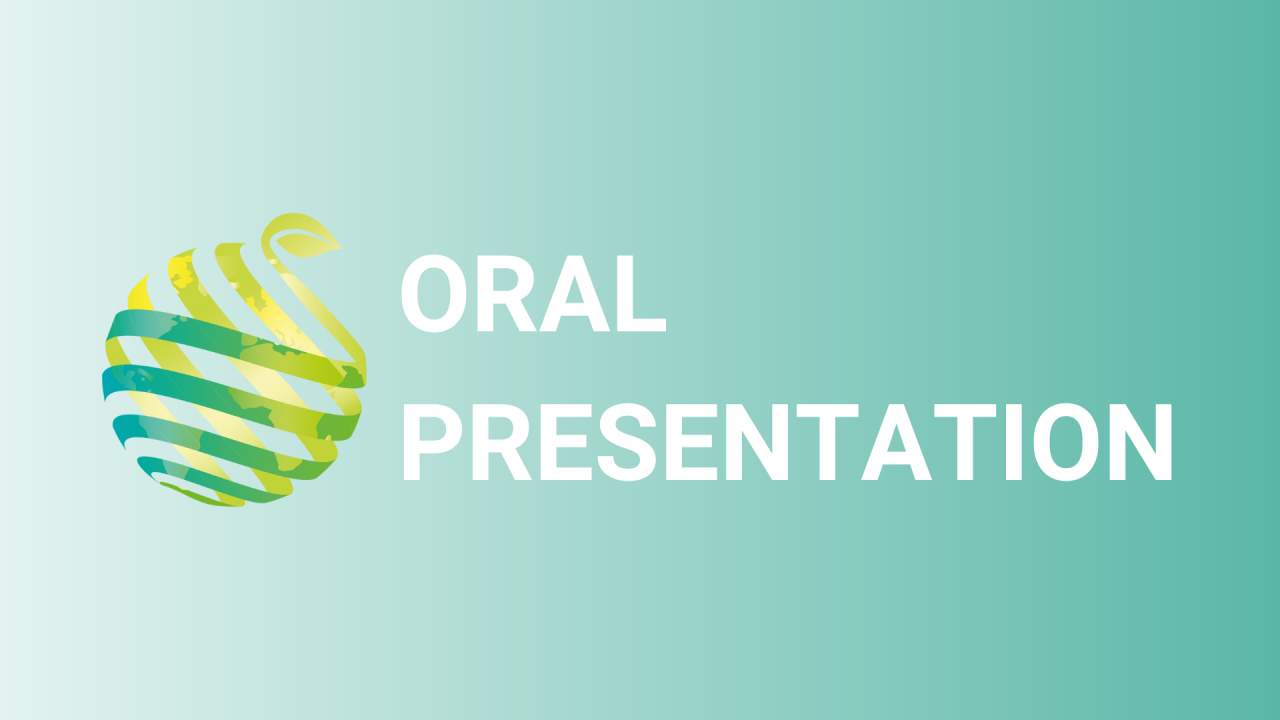

S09 - Session O2 - Nutrients uptake and quality of leafy vegetables in aquaponics system are affected by supplemental LED lighting
Information
Authors: Chiara Cirillo *, Giuseppe Carlo Modarelli, Lucia Vanacore, Antonio Luca Langellotti, Paolo Masi, Stefania De Pascale, Youssef Rouphael
Aquaponics is a highly efficient production system that relies on the food introduced for fish as the only input for growing both fishes and vegetables. However, plant ability to absorb nutrients in an aquaponics system may be reduced in the winter months due to the lack of solar radiation, which in turn could cause accumulation of nitrate, nitrite, and ammonia in the water. These by-products are harmful for fishes, forcing growers to renew the water more often. The aim of the study was to evaluate growth, physiological response, nutrient uptake, and quality of lettuce and curly endive, grown in floating raft Recirculating Aquaponic System (RAS) combined with tilapia, under natural light (NL) or NL integrated with 16 hours of supplemental white LED lighting (IL, PPFD: 173 µmol m - ² s -1 , DLI, 10 mol m - ² d -1 ). Results show a species-specific response to the lighting regimes. Despite IL promoted plant growth only in curly endive, plant nutrient use efficiency and quality increased in both species compared to NL. Supplemental lighting promoted leaf net photosynthesis in both species. However, supplemental lighting decreased the maximal photochemical efficiency (Fv/Fm) in lettuce. In addition, the different lighting regimes affected nutrient accumulation and translocation in both leaves and roots. To conclude, based on our data, curly endive performs better than lettuce in aquaponics. Supplemental lighting can guarantee a stable filtration capacity during the winter season, improving overall system performances and plant qualitative attributes (i.e. ascorbic acid content).